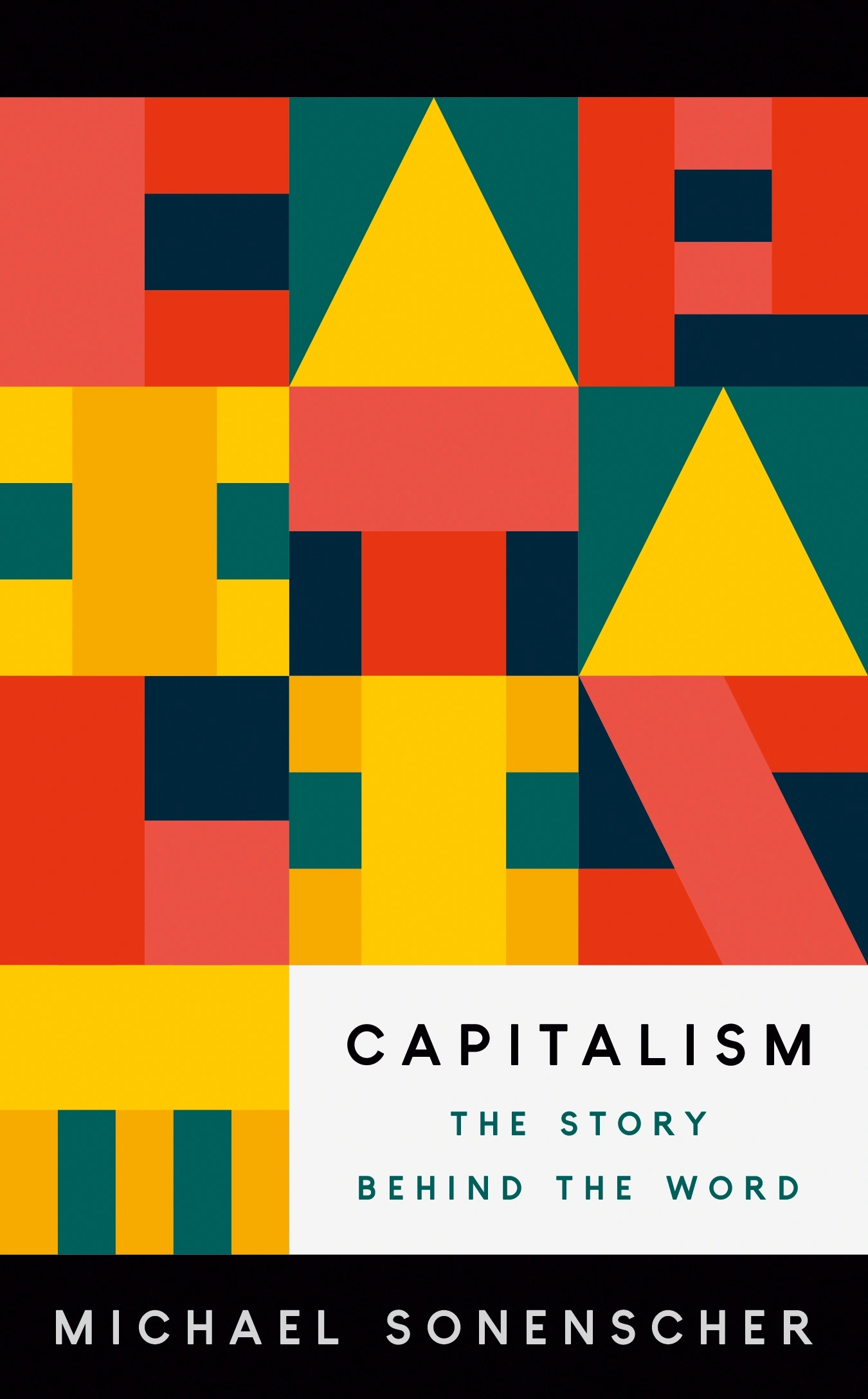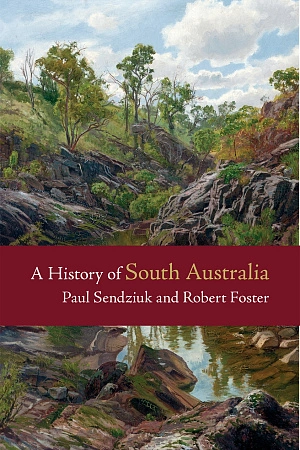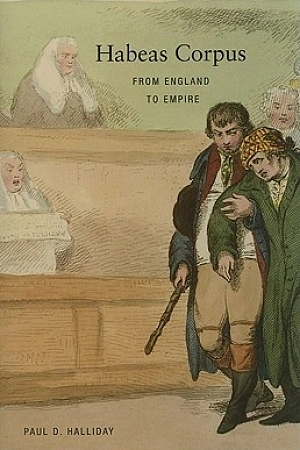Capitalism: The story behind the word
Princeton University Press, US$27.95 hb, 248 pp
Fighting words
Karl Marx was coy about what lay on the other side of capitalism. Communism, in his phrase, amounted to ‘the real movement which abolishes the present state of things’. As a guide to the organisation of society, the pugnacious phrase left something to be desired – literally. Though he appreciated capitalism as an essential stage in the progress of humanity, Marx nevertheless treated its supersession as both a historical necessity and a moral desideratum. The very status of the person as a person is at stake. Under capitalism, we are damaged and incomplete, alienated from our labour and deprived of the means to realise our true potential.
Where Marx approached capitalism through a philosophy of history, Michael Sonenscher prefers the techniques of intellectual history. Among the lessons learned from Sonenscher’s dense and provocative ‘story behind the word’ is the fact that Marx never used it. The object of his mature analysis was capital, not capitalism. Used in French debates in the 1830s, the word ‘capitalism’ would acquire a more general resonance with Max Weber in The Protestant Ethic and the Spirit of Capitalism. But the force of Weber’s usage nevertheless depended on Marx’s example. What, then, were the bases of Marx’s thinking?
Continue reading for only $10 per month.
Subscribe and gain full access to Australian Book Review.
Already a subscriber? Sign in.
If you need assistance, feel free to contact us.
















Leave a comment
If you are an ABR subscriber, you will need to sign in to post a comment.
If you have forgotten your sign in details, or if you receive an error message when trying to submit your comment, please email your comment (and the name of the article to which it relates) to ABR Comments. We will review your comment and, subject to approval, we will post it under your name.
Please note that all comments must be approved by ABR and comply with our Terms & Conditions.